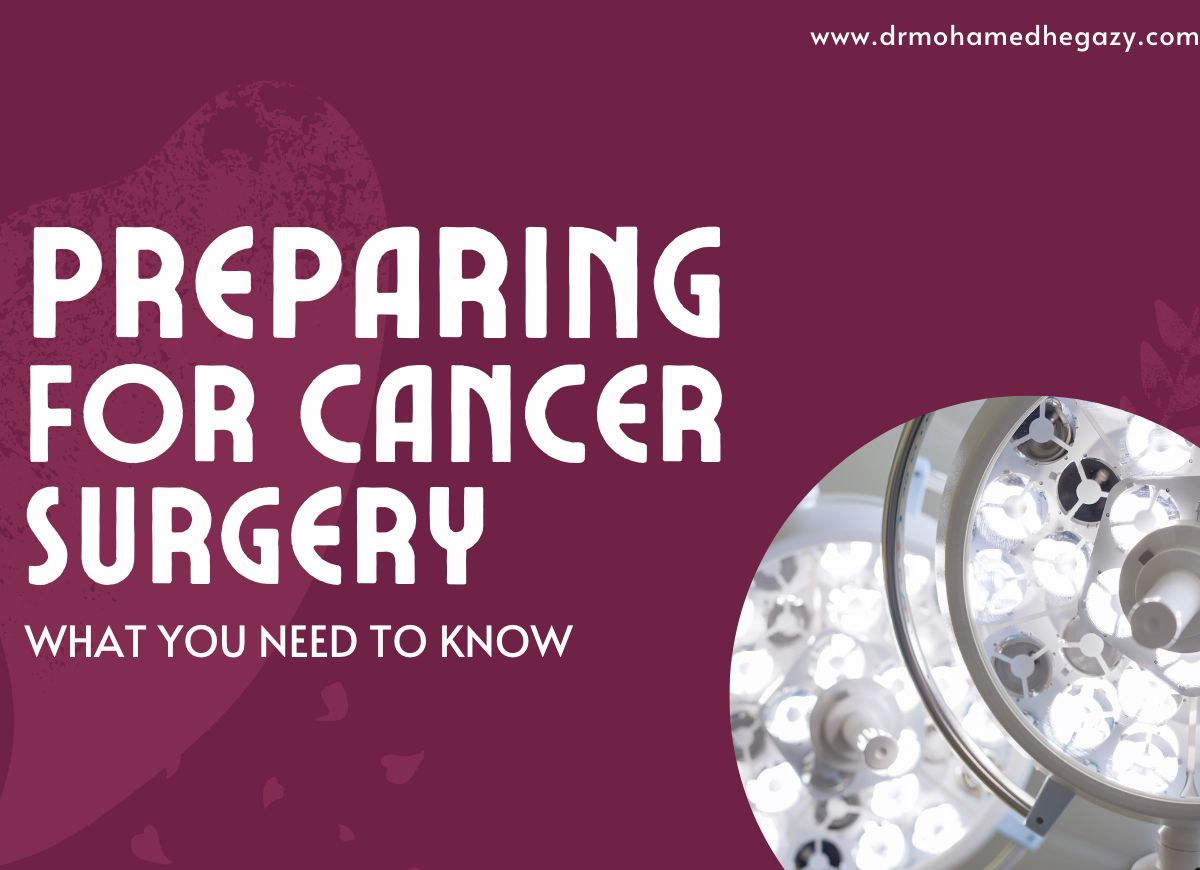Cancer surgery can be a daunting experience, but proper preparation can help ease anxiety and promote a successful outcome. Here are some tips for preparing for cancer surgery:
- Understand the Procedure: It is important to have a clear understanding of the surgical procedure that you will undergo. This includes understanding the risks, benefits, and potential complications of the procedure. Speak with your surgeon and ask any questions you may have to ensure that you are fully informed.
- Prepare for Recovery: Recovery from cancer surgery can take time and patience. Make sure you have a plan in place for post-operative care and understand any limitations or restrictions you may have. Arrange for someone to help you with daily tasks and consider any necessary accommodations to your home or workplace.
- Get Your Body Ready: Leading up to surgery, make sure to take care of your body. Eat a healthy diet, stay hydrated, and get plenty of rest. Avoid smoking and drinking alcohol as these can interfere with healing. If you have any other medical conditions, make sure they are under control prior to surgery.
- Be Mentally Prepared: Preparing mentally for surgery is just as important as physical preparation. Take time to prepare yourself emotionally and mentally for the procedure. Talk with your healthcare team or a mental health professional about any fears or anxieties you may have.
- Communicate with Your Healthcare Team: Communication with your healthcare team is key to a successful surgery. Make sure they are aware of any medications, allergies, or other medical conditions you may have. Make sure you understand the timeline of the procedure and any pre-operative instructions.
- Have a Support System: Having a support system in place can be incredibly helpful during the cancer surgery process. Reach out to friends, family, or support groups to help you through the experience. Consider talking to a social worker or patient navigator to help connect you with resources.
In conclusion, preparing for cancer surgery requires a comprehensive approach to care. By taking care of your body, preparing mentally, and communicating with your healthcare team, you can optimize your chances of a successful outcome. Remember to lean on your support system and to be patient with yourself during the recovery process.




